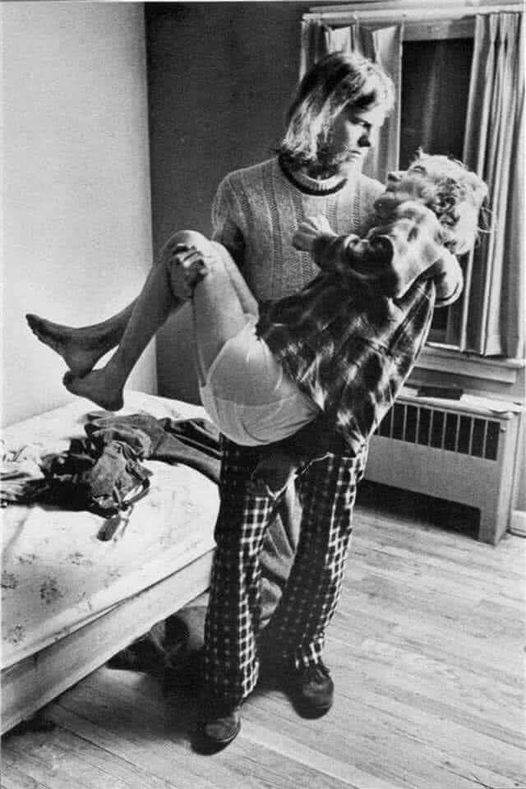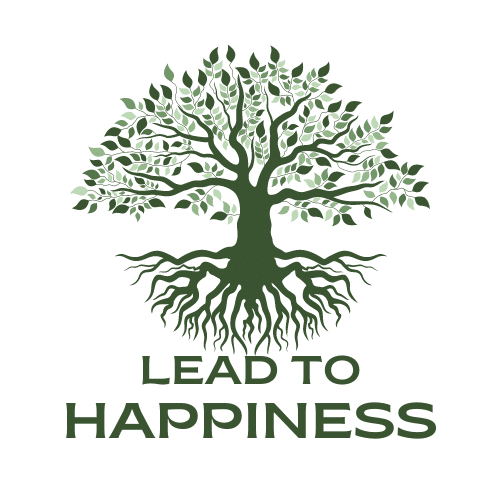“There is a break in the family history, where the ages accumulate and overlap, and the natural order makes no sense: it’s when the child becomes the parent of their parent.”
It’s when the father grows older and begins to move as if he were walking through fog. Slowly, slowly, imprecisely.

It’s when one of the parents who once held your hand firmly when you were little no longer wants to be alone.
It’s when the father, once strong and unbeatable, weakens and takes two breaths before rising from his seat.
It’s when the father, who once commanded and ordered, now only sighs, only groans, and searches for where the door and window are—every hallway now feels distant.
It’s when one of the parents, once willing and hardworking, struggles to dress themselves and forgets to take their medication.
And we, as their children, will do nothing but accept that we are responsible for that life.
The life that gave birth to us depends on our life to die in peace.
Every child is the parent of their parent’s death. Perhaps the old age of a father or mother is, curiously, the final pregnancy.
Our last lesson. An opportunity to return the care and love they gave us for decades.
And just as we adapted our homes to care for our babies, blocking power outlets and setting up playpens, we will now rearrange the furniture for our parents.
The first transformation happens in the bathroom. We will be the parents of our parents, the ones who now install a grab bar in the shower.
The grab bar is emblematic. The grab bar is symbolic. The grab bar inaugurates the “unsteadiness of the waters.”
Because the shower, simple and refreshing, now becomes a storm for the old feet of our protectors.
We cannot leave them for even a moment.
The home of someone who cares for their parents will have grab bars along the walls. And our arms will extend in the form of railings.
Aging is walking while holding onto objects; aging is even climbing stairs without steps. We will be strangers in our own homes. We will observe every detail with fear and unfamiliarity, with doubt and concern.
We will be architects, designers, frustrated engineers. How did we not foresee that our parents would get sick and need us?
We will regret the sofas, the statues, and the spiral staircase. We will regret all the obstacles and the carpet.
Happy is the child who becomes the parent of their parent before their death, and unfortunate is the child who only appears at the funeral and doesn’t say goodbye a little each day.
My friend *Joseph Klein accompanied his father until his final moments.
In the hospital, the nurse was maneuvering to move him from the bed to the stretcher, trying to change the sheets when Joe shouted from his seat: Let me help you. He gathered his strength and, for the first time, took his father into his arms. He placed his father’s face against his chest.
He cradled his father, consumed by cancer: small, wrinkled, fragile, trembling. He held him for a long time, the time equivalent to his childhood, the time equivalent to his adolescence, a long time, an endless time. By Your Side Nothing Hurts
Rocking his father back and forth. Caressing his father. Calming his father. And he said softly:

I love you, Dad, wherever you are, I always think of you, I will never forget you…

